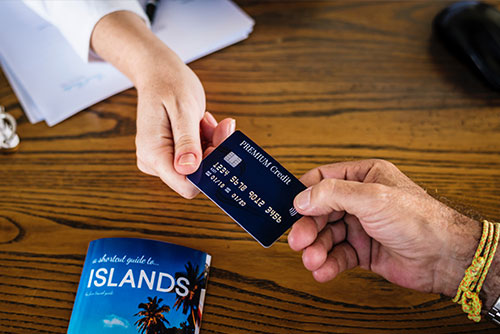4 Financial products to think about at 40
Despite the adage that says life begins at 40, this age comes with many life experiences. An average person is expected to have their finances in order at this stage. However, once you reach your 4Os it is important to review the following products:
Retirement plan
By now you should have your retirement plan in place. Finance experts agree that you should start saving for your retirement as soon as you receive your first pay cheque. At this age you should be reviewing your plan. Your circumstances have surely changed – maybe you got married or divorced, have children or are earning more. However, if you are only starting to save now, you need to be more aggressive so that you meet your goals.
Life insurance
Life insurance might have not been a necessity when you were young and single. But now you might no longer be the same person you were a decade ago. Chances are you have people that rely on your income, e.g spouse and children. Make sure that these people do not suffer when you pass away. Even though life insurance is going to be a bit expensive at your age, it’s better to buy it now than to wait until later as the costs increase with age.
Mortgage
Paying off your mortgage should be one of your priorities. You do not need to pay it all at once. A large lump sum now and then can help you lower the interest on your mortgage. This will ensure that you focus on more important things like your retirement plan and the children’s education.
Education plan
A quality education does not come cheap. Education costs increase every year. To ensure that you or your child don’t incur debt because of fees, it is important that you save well in advance. If you already have a plan, review it to ensure that it matches the ever-rising education fees.
Emergency fund
You might have been living from pay cheque to pay cheque for the past decades of your life, but setting up an emergency fund will go a long way in ensuring that you cover those unexpected costs. You can start small, but your goal must be to cover at least three months of expenses. If you are not sure how to start saving, talk to a financial adviser who will help you draw up an effective budget.
This article has been prepared for information purposes only and it does not constitute legal, financial, or medical advice. The publication, journalist, and companies or individuals providing commentary cannot be held liable in any way. Readers are advised to seek legal, financial, or medical advice where appropriate.
MoneyShop





